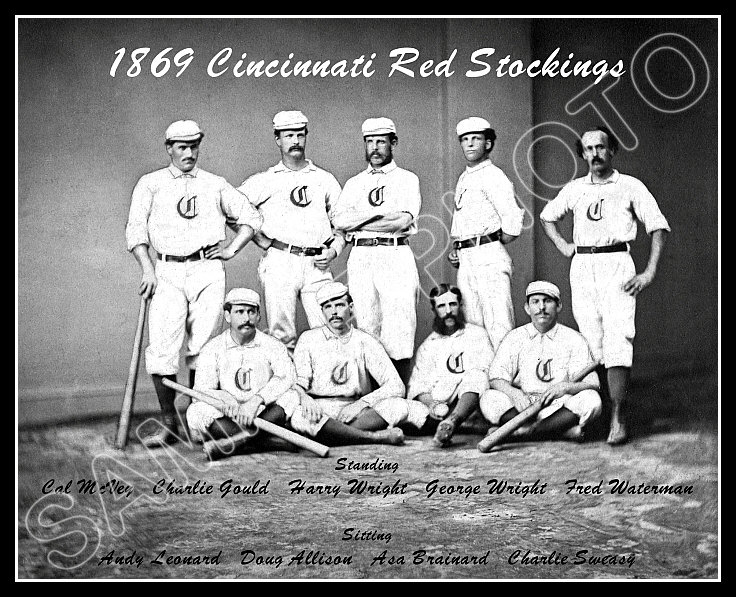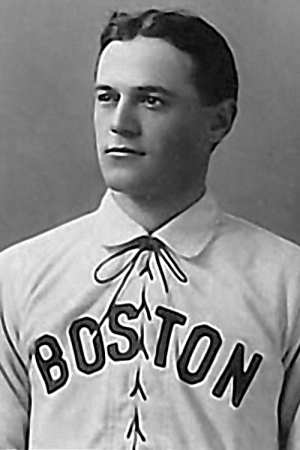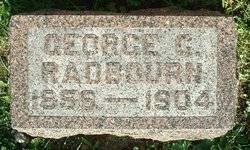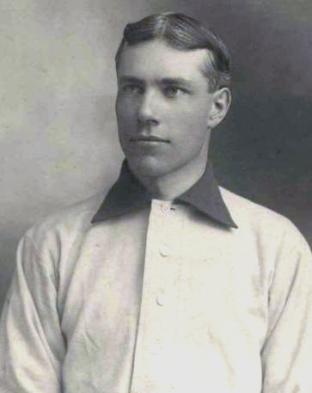Baseball History: Baseball Becomes a Business in 1869
When Baseball Became a Business
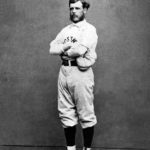 Harry Wright knew he could make money by putting a baseball team together. He was a ballplayer himself that once hit seven home runs in a game. He convinced a group of Ohio investors, in 1869, to finance the team and he was named manager. Wright was sure that he could get people to pay 25-50 cents to see a game. Afterall, they paid a dollar for the theater.
Harry Wright knew he could make money by putting a baseball team together. He was a ballplayer himself that once hit seven home runs in a game. He convinced a group of Ohio investors, in 1869, to finance the team and he was named manager. Wright was sure that he could get people to pay 25-50 cents to see a game. Afterall, they paid a dollar for the theater.
In Wright’s world, he wanted his players to be professional on the field so he paid them and then he drilled the fundamentals of the game into their head. He also desired that players remain silent on the field and act like businessmen. The team was supplied with knickers for pants as that would help their speed. The majority of the players came from New York but were relocated to Cincinnati. The team was called the Cincinnati Red Stockings.
Wright had standards and he told them:
In regard to diet, eat hearty. Roast beef rare will aid, live regularly, keep good hours and abstain from intoxicating drinks and tobacco. You must be a sure catch, good thrower, strong and accurate, a reliable batter, and a good runner, all to be brought out by steady and persevering practice.
Wright paid all the players. His younger brother, George, was the shortstop and he was paid $1400 for the season and he paid himself $1200 to be the manager. George was worth his salary as he batted .519, scored 339 runs, hit 59 home runs and made spectacular plays. The star pitcher was Asa Brainard and he had good control and strong concentration. The team went 65-0 for the 1869 season and the investors made $1.39 in profit for the season. This undefeated season got the attention of the townspeople and they took pride in their team and that secured Cincinnati as the baseball capital in the United States.
However, only one of the players came from Cincinnati as the rest of them were paid to come in from other cities such as New York. They took time off from the “real” jobs which included two hatters, two insurance salesmen, a bookkeeper and a piano maker. The following season they branch out and win their first 27 games before they travel to Brooklyn to face the Atlantics. The Red Stockings were favored 5 to 1 to win the game as 15,000 people came out to watch the contest.
Cincinnati went out to an early three-run lead but the Atlantics countered with two in the fourth and two runs in the sixth. After nine innings, the game was tied 5-5. The Atlantics were ecstatic and began to leave the field with a tie but the Red Stockings manager, Harry Wright, stated that clearly, the rules say that both teams must agree to end in a tie or it goes into extra innings. After a short discussion and possibly an argument, they decided to allow Henry Chadwick, chairman of the Rules Committee of the National Association to make the decision. He told them to continue playing.
Cincinnati didn’t want a tie or to lose and things went well for them in the eleventh inning as they scored two runs. But something happened in the bottom half as the pitcher allowed a single and then the runner reached third on a wild pitch. After a few hits they Atlantics snatched the victory and they had plenty to celebrate.
Cincinnati was devasted. The fans were devasted. So much so that they quit going to the games. Their team was not invincible. Investors withdrew their financial support. Players stopped getting paid. The team had to disband. Harry Wright understood it was a business and he took the best players and set up a new team in Boston.
A new league was formed on March 17, 1871 on the corner of 13th street and Broadway in Manhattan and amateur baseball ended and each player was given $800 to play for the nine-team league which consisted of the Boston Red Stockings, Chicago White Stockings, Philadelphia Athletics, New York Mutuals, Washington Olympics, Troy Haymakers, Fort Wayne Kekiongas, Cleveland Forest Citys, and Rockford Forest Citys. Each team was expected to set up five games against each other and the team with the most wins were the champions.

